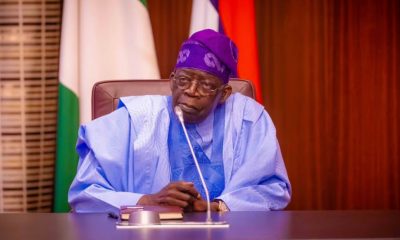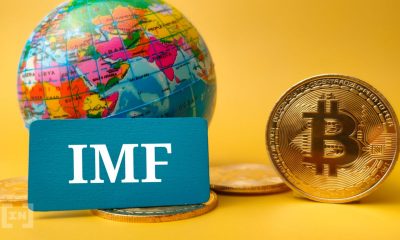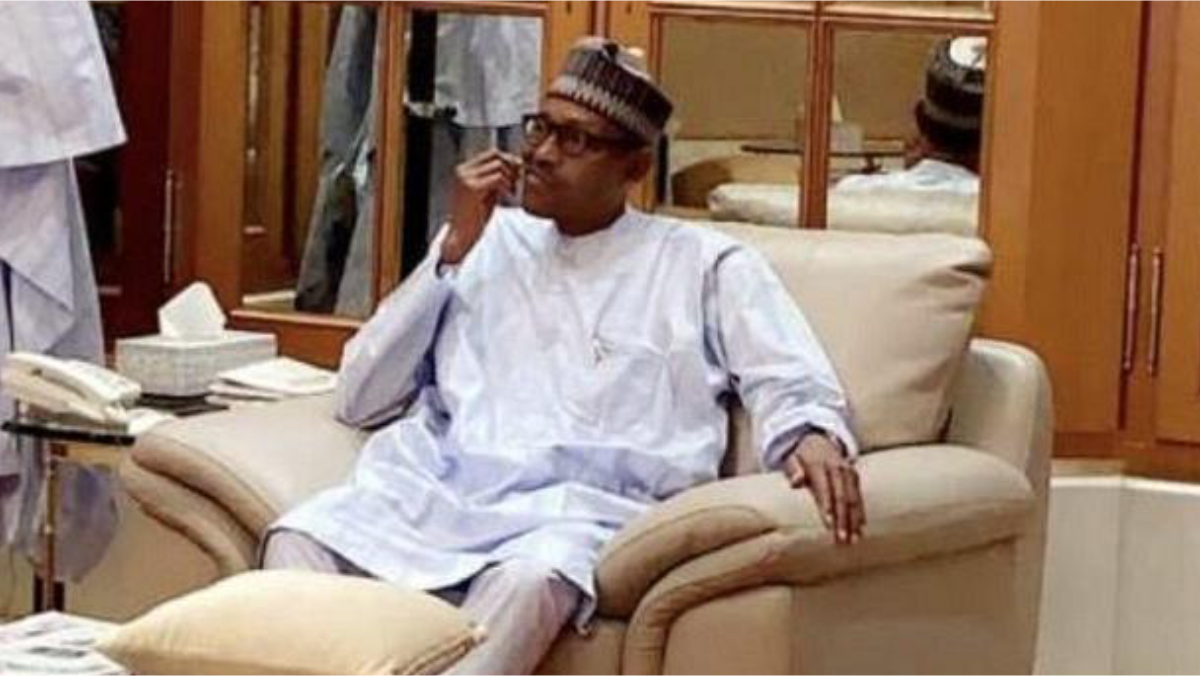Nigeria’s debt to Gross Domestic Product (GDP) ratio which stood at 18.6 per cent at the end of 2016, is expected to rise to 23.3 per cent of Nigeria’s GDP by the end of 2017, the International Monetary Fund (IMF) has said.
The IMF which disclosed this on Wednesday in its World Economic and Financial Survey, also said the country’s indebtedness would climb to 24.1 per cent of its GDP by 2018.
By IMF’s projection, Nigeria’s debt to GDP ratio would have surged by 100 per cent, from 12.1 per cent in 2015 to 24.1 per cent in 2018.
According to the National Bureau of Statistics, NBS, Nigeria’s GDP for the year ended December 31, 2016 stood at N67.98 trillion.
The World Bank had expressed concern over the debt payment to revenue ratio, saying that reduced revenue earnings might render the country’s debt unsustainable.
Yue Man Lee, senior economist at the World Bank office in Nigeria, said Nigeria has to increase its revenue base or work towards balancing the debt profile, hence the debt would be unsustainable.
The slump in the price of oil, Nigeria’s main revenue source, has heightened the government’s borrowing plans.
According to records of the 2017 fiscal year, the sum of N2.35 trillion is expected to be borrowed in the year.
ALSO SEE: IMF affirms Nigeria as Africa’s biggest economy
Nigeria’s debt profile is dominated by local debts, which are characterized by high interest rates.
Earlier in February, the Director-General of the Debt Management Office, DMO, Abraham Nwankwo, had said that the nation’s total debt profile as at December 31, 2016 was $57.39 billion (N17.36 trillion).
Mr. Nwankwo, who said the amount included domestic and foreign debts owed by the country as at the end of 2016, noted that the external debt profile stood at $11.41 billion (N3.48 trillion), while the domestic debt stock stood at $45.98 billion (N13.88 trillion).
He pointed out that the domestic debt stock of the Federal Government of Nigeria, the 36 states and the FCT accounted for about 80 per cent of the total debt, while the external debt stock accounted for about 20 per cent.
Nigeria ended 2016 with a debt to GDP ratio of 18.6 per cent while at the end of 2015, Nigeria’s debt to GDP ratio stood at 12.1 per cent, the IMF said.

 Entertainment6 days ago
Entertainment6 days ago
 Health5 days ago
Health5 days ago
 Crime5 days ago
Crime5 days ago
 Education7 days ago
Education7 days ago
 Health7 days ago
Health7 days ago
 Comments and Issues6 days ago
Comments and Issues6 days ago
 Football6 days ago
Football6 days ago
 Latest6 days ago
Latest6 days ago










